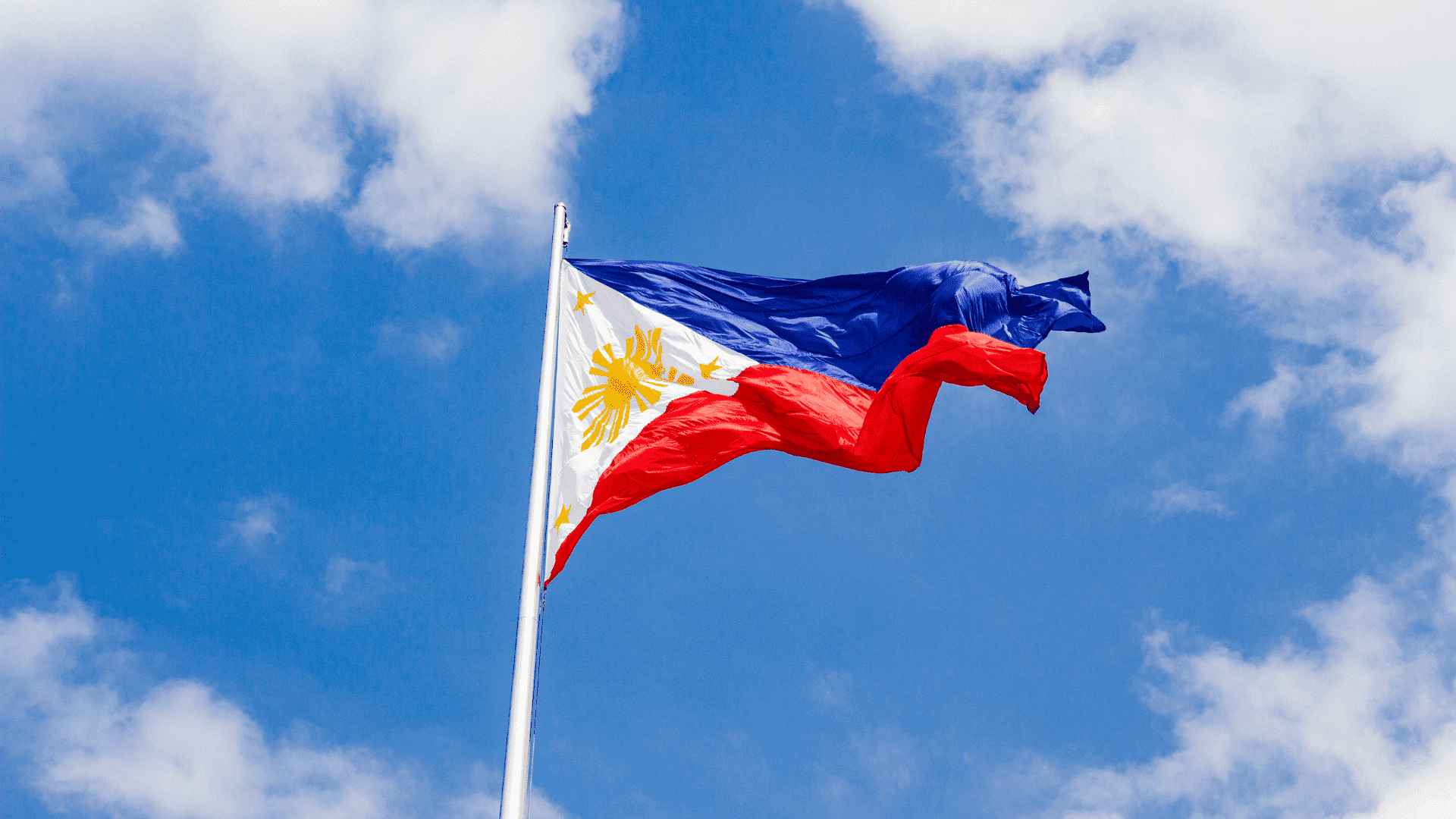The legislation aims to ensure the complete removal of POGO operations and extend the prohibition beyond the current administration’s tenure.
Key Points
- The Philippine Senate finally approved the Anti-POGO Act of 2025 after reading the bill three times.
- All activities linked to offshore gaming get banned under this bill, and authorities must seize all assets involved.
- According to Senator Win Gatchalian, who created this bill, the law answers the public’s call to end offshore gaming and keeps Filipinos protected.
Passing Senate Bill 2868, also known as the Anti-POGO Act of 2025, on its last reading marks a major action by the Philippine Senate to permanently stop Philippine Offshore Gaming Operators (POGOs). Senator Win Gatchalian, leading the Senate Committee on Ways and Means and principal author, welcomed this decision, saying it is a clear step to protect the public and formalize the national ban that already exists for offshore gambling.
Philippines Moves to Ban POGOs, Prioritizing Public Safety over Offshore Gaming
Should the bill become law, it will remove Republic Act 11590, which had allowed POGO operations a legal status in the past. Explaining its impact, Gatchalian said, “This law stops all offshore gaming and sets new rules to keep our citizens safe.” Profits must never come above people’s safety, he added, stressing, “This is not just another law, but a real answer to what people want by removing the harm caused by POGOs.”
Worth noting: Senate Bill 2868 requires that any POGO-linked properties and gaming tools are seized, aiming to stop them from being used in other illegal actions.
The Philippine Government considers this bill a top priority and looks to pass it before the end of the current session in Congress. Despite POGOs closing down, other parts of local gaming continue to expand at a fast pace. For example, the Philippine Amusement and Gaming Corporation (PAGCOR) announced a 25% rise year-on-year in Gross Gaming Revenue for 2024, boosted by more activity in E-Games and E-Bingo sectors.

 Companies
Companies 





